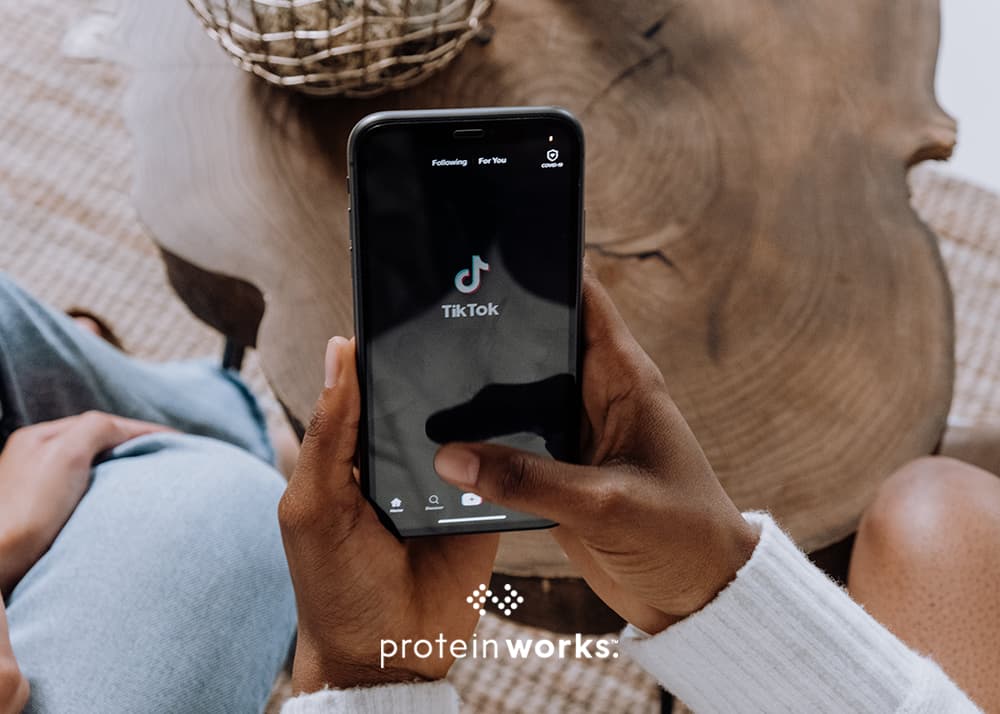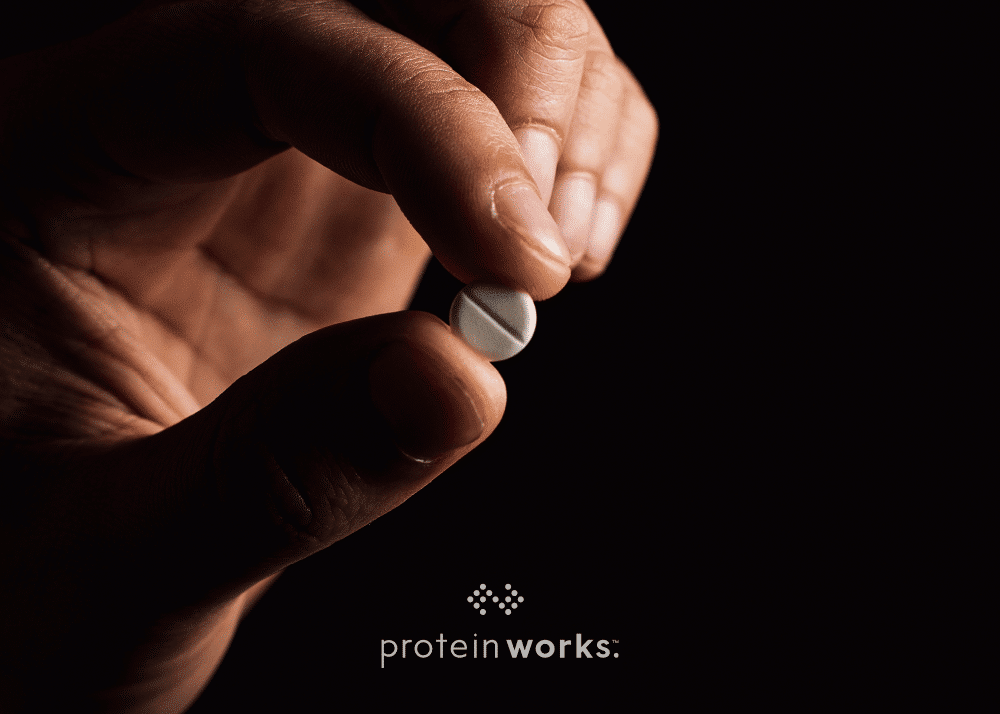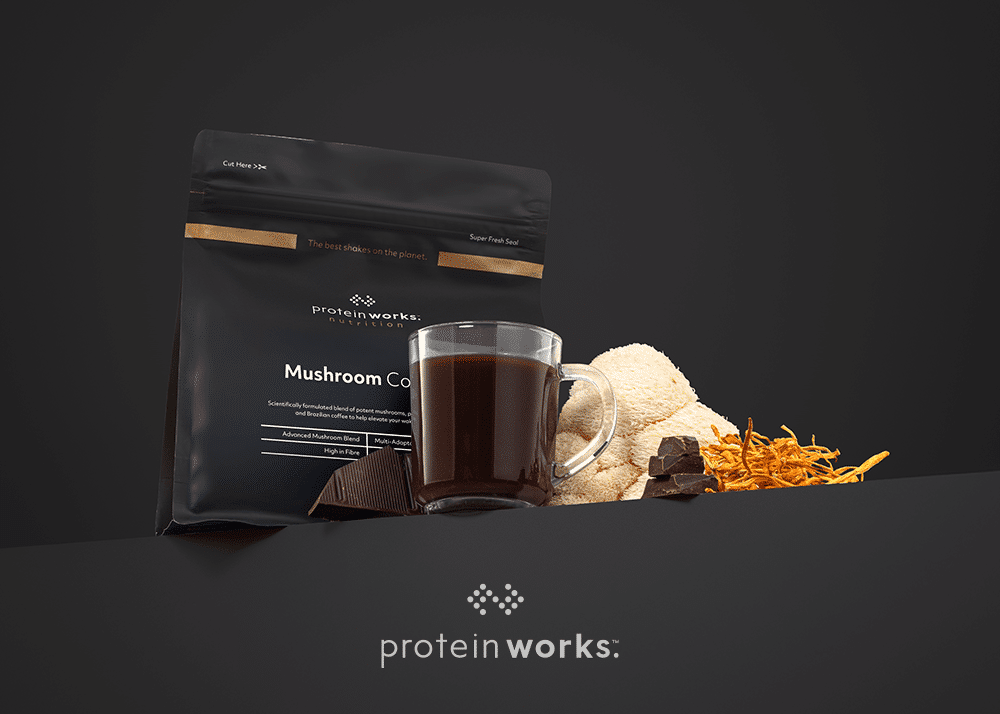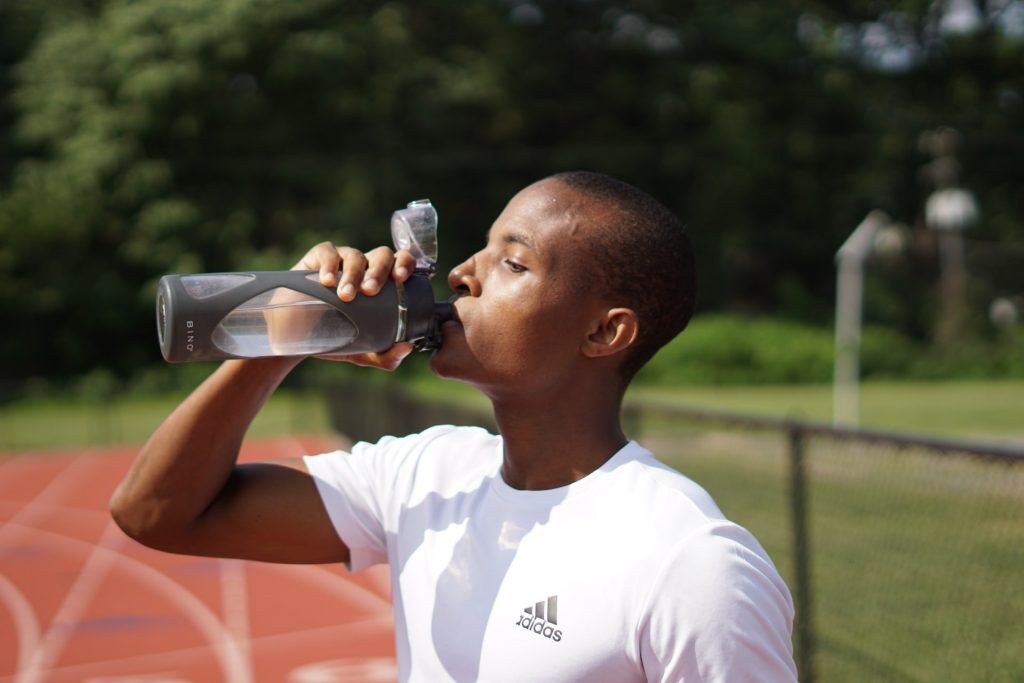
The Importance of Hydration
There are three kinds of people when it comes to hydration, those who live their lives dehydrated and don’t even realise it, those who drink far too much water in the mistaken belief that it gives them superpowers, and those who actually drink the right amount. It goes without saying that you want to be the third kind of person.
Pretty much everyone reading this article will have grown up in a time where we have had pretty much unlimited access to clean drinking water. It has never been easier to be fully hydrated in human history. Yet the vast majority of people don’t tend to drink enough water.
Not that hydration is solely focused on drinking water, you can hydrate yourself with fruit juice, milk, even high-sugar beverages (not that this is recommended). Even the food that you eat can contribute to hydration.
 How Much Water Should I Drink?
How Much Water Should I Drink?
Americans have a simple target, to drink 8 cups of 8-oz glasses of water. But in the UK, we have no idea how much 8 ounces is! Well, 8 ounces is 237 millilitres, which is 1.896 litres of water. If we round up to 2 litres that’s around 4 pints of water.
But we keep getting given different targets, the UK recommends 1.2 to 1.5 litres per day, while the European Food Safety Authority recommends 2 litres for women and 2.5 litres for men. Could this be down to Europe having a number of hotter countries than the UK? Possibly.
It is certainly true that in hotter countries you need to drink more water to stay hydrated, this is because you lose a lot of fluids through thermoregulation (sweating to cool down). The more active you are the more you need to hydrate too.
On the whole, we tend to drink more while exercising anyway, and you probably notice that you drink more water while on holiday in Spain than you do while at home in February.
There are other factors that can influence how much water you should drink. Your diet can affect hydration. If you eat a lot of foods that are high in salt for example. Your weight and height also affect hydration. It makes sense that a 7 foot bodybuilder would need more water than a 5 foot librarian!
So, what is a good target? If you are in the UK, then 1.5 litres per day seems like a sensible target. Around about two and a half pints. Then you can add more water if you go to the gym or play sport, and you can add more water if the weather is particularly warm.
Benefits of Being Hydrated
It’s hard to talk about the benefits of being hydrated, because what being fully hydrated means is that your body is functioning as it should do. The mistake that many people make is thinking that the act of hydrating yourself is causing these benefits to occur.
When fully hydrated you can exercise at full capacity (provided other factors aren’t influencing your performance), it can help with digestion and keeping you regular. Being fully hydrated can help you to concentrate better at work, and it can help to prevent snacking between meals.
 Health Effects of Dehydration
Health Effects of Dehydration
Being dehydrated has a number of side effects, none of them pleasant. It can affect your concentration, can give you a headache, will cause dry mouth, can affect the colour of your urine, and can sometimes be mistaken for hunger by the body, leading you to eating more food. Dehydration can also affect your skin.
Chronic dehydration can lead to illness and even death, but this is rarely caused by not drinking enough throughout the day. It can be caused by extreme weather or extreme exercise, or from illness or frailty. If you are otherwise healthy you should be able to avoid chronic dehydration pretty easily.
Are There Benefits to Drinking More Water than Recommended?
If being fully hydrated can help you exercise better, think clearer, and lose weight, then can drinking more water than you need be beneficial. Earlier, we alluded to the fact that while staying fully hydrated is beneficial, it’s more about reaching your potential than it is improving you further.
There are no health benefits associated with drinking more than you need. You’ll just spend more time going to the toilet and will possibly need some electrolytes. In fact, drinking too much water can actually be bad for you.
Water poisoning may sound made up but it’s very real. It can flush out electrolytes such as sodium leading to a condition called hyponatremia which can lead to seizures, or you going into a coma.
 How to Drink More Water
How to Drink More Water
Most people don’t drink enough water, yet the amount of water required to hit your targets is not actually that high. Four pints of water per day? That’s not too bad. There are a number of ways to achieve this:
- Buy a 2 litre bottle and aim to finish it by the end of the day
- Drink a pint of water first thing in the morning
- Eat foods that have high water content (cucumber)
- Find a low-calorie flavouring that you can add to make your water taste nicer
- Keep bottles of water in the fridge
- Opt for a clear protein shake to sip on throughout the day to boost hydration


 How Much Water Should I Drink?
How Much Water Should I Drink?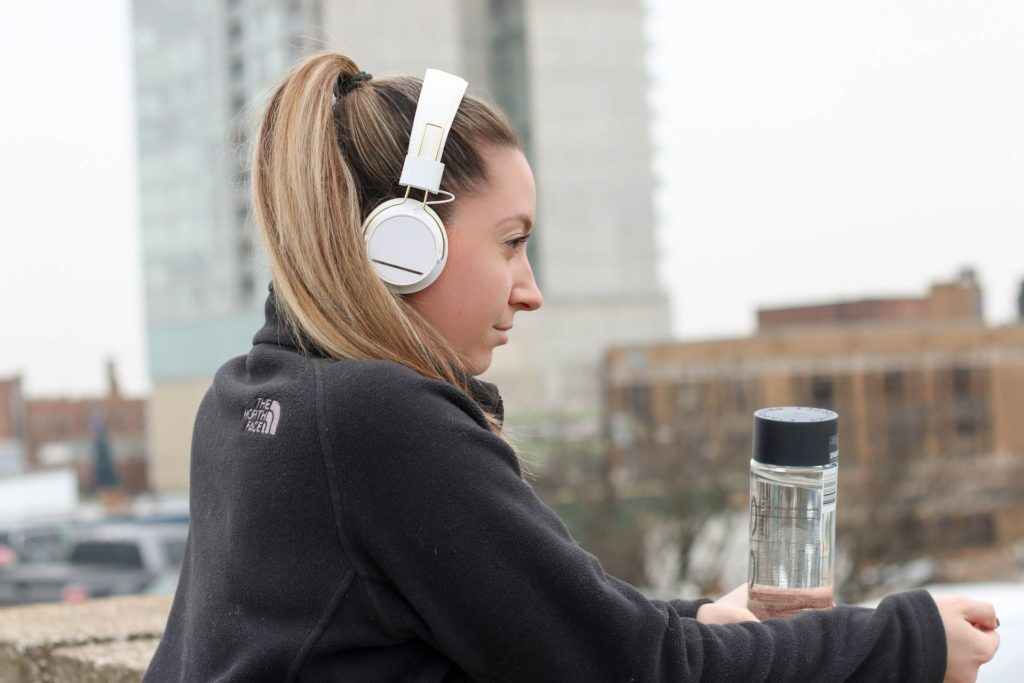 Health Effects of Dehydration
Health Effects of Dehydration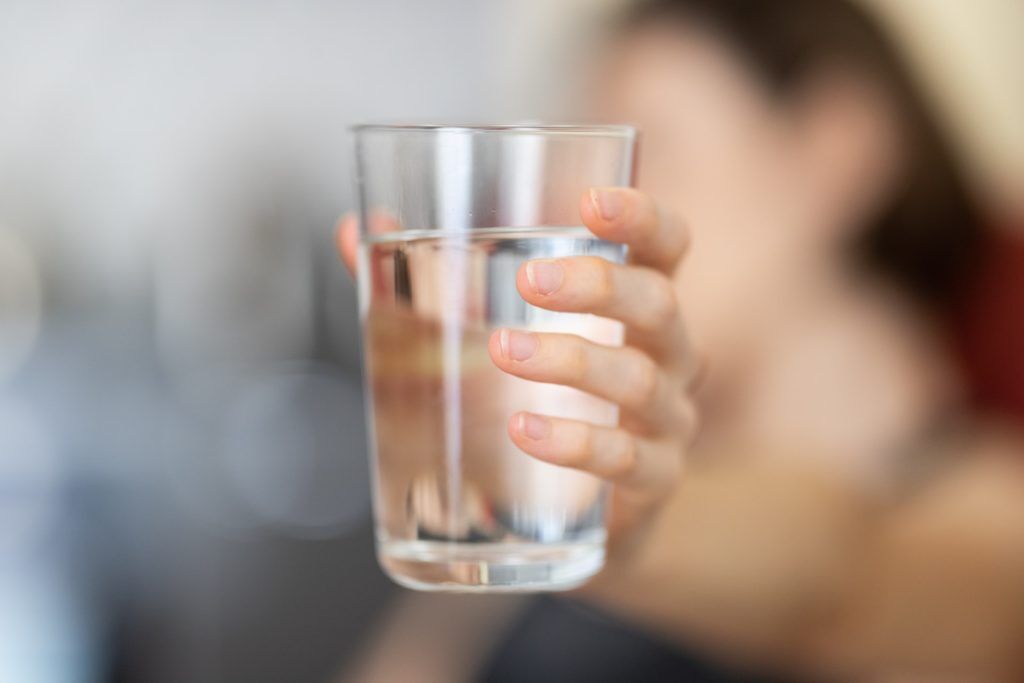 How to Drink More Water
How to Drink More Water